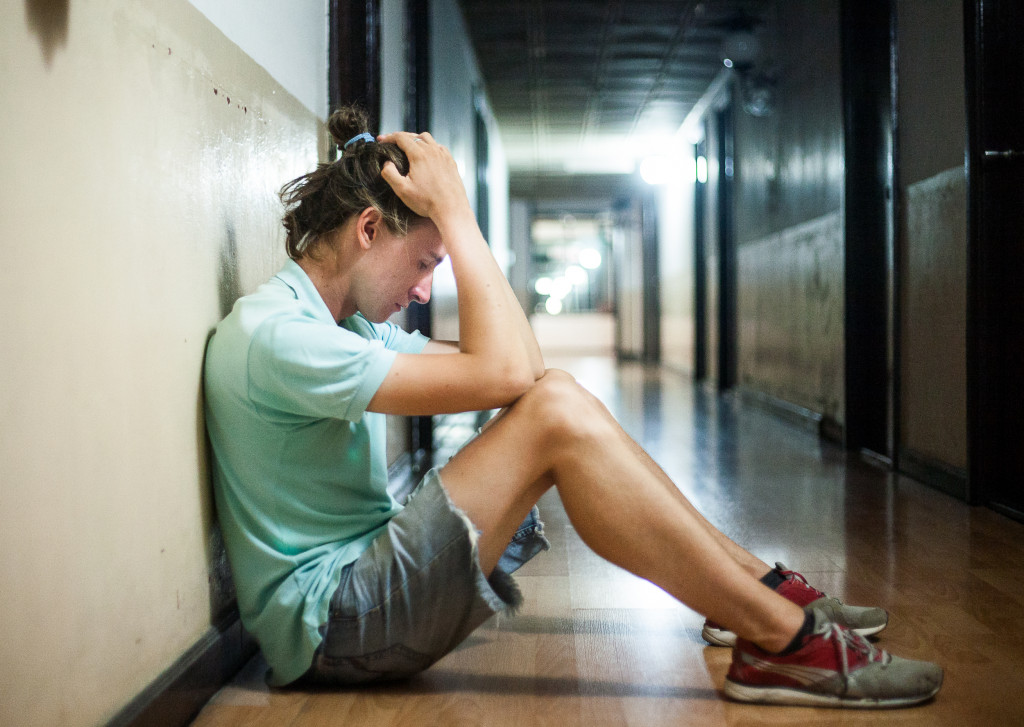• Loneliness can cause physical and emotional health risks, such as increased cortisol levels, weakened immune system, depression, etc.
• People feeling lonely often withdraw from people around them and have low self-esteem.
• Negative thought patterns can deepen the sense of loneliness and make it harder to break away from it.
• Tips to reduce loneliness include: using dating services, contacting family and friends, volunteering, getting counseling, and exercising.
Loneliness has become a common issue in the modern world. It is thought to be linked to several mental and physical health issues, including depression, anxiety, cardiovascular disease, and impaired immune function. In addition, social isolation has been found to increase the risk of premature death. There are also other various ways it can affect your life. Here are some of those ways and how you can deal with them.
Loneliness and Your Life
Being alone can have a profound effect on your life. It can lead to feelings of sadness, loss, and even depression. But loneliness doesn’t just impact your emotions; it can also have a physical impact on your body as well. Here’s a look at how loneliness can affect your life.
Physical Impact of Loneliness
Studies have shown that loneliness can cause an increase in cortisol levels, which is a type of stress hormone that can lead to long-term health problems such as heart disease and high blood pressure. Additionally, feeling lonely has been linked to weakened immune systems, making us more susceptible to infection and illnesses like colds and flu. It’s also been linked to poor sleep habits; when people feel lonely, their bodies struggle to relax, causing insomnia or other sleep disturbances.

Emotional Impact of Loneliness
The emotional effects of loneliness are often felt even more profound than the physical ones. Feeling isolated can lead to sadness, worthlessness, and even despair.
It’s not uncommon for people who feel lonely to withdraw from their friends and family because they don’t want anyone else to know how they’re feeling, or they may be afraid that no one will understand them if they reach out for help. Unfortunately, this perpetuates the cycle of isolation even further because it keeps them from connecting with those who could potentially help them feel better.
Mental Impact of Loneliness
The mental effects of loneliness go hand-in-hand with the emotional ones; people feeling isolated often struggle with low self-esteem, which leads to negative thought patterns about themselves and their circumstances.
People feeling lonely may also find themselves fixating on negative thoughts more than usual, ruminating on events from their past, or worrying about things that haven’t happened yet but could happen in the future. These thought patterns only deepen the sense of loneliness and make it harder for them to break out of the cycle they find themselves in.
Tips to Reduce Loneliness
You can reduce loneliness and improve your mental and physical health. Here are some tips to get you started:
Dating Services
There are now various dating services available to you online. You can now use reliable matchmaking services to set yourself up with someone you’re compatible with and create a connection. If it doesn’t work out, you can always find a new friend in them!

Reach Out
Try to reach out to your friends and family members, even just for a quick phone call or text message. You can also join online communities and start conversations with people with similar interests.
Volunteering
Volunteering is a great way to meet new people and help out with a good cause. Not only does it allow you to contribute something meaningful, but it can also make it easier for you to connect with others who share your interests.
Counseling Services
If loneliness is becoming too much to handle, you can seek help from a therapist or counselor. They can guide and support you to help you overcome this difficult time. Counseling offers services like CBt which can help you to change negative thought patterns and learn how to cope better with your feelings.
Exercise
Physical activity has been proven to help boost mood and reduce stress, which can be helpful if you’re feeling lonely. For example, going on a walk or doing some yoga can be great ways to relieve tension and find moments of peace.
These are just some of the tips that can help reduce loneliness and help you reconnect with the world around you. Remember that it’s not always easy to take the first step, but once you do, you can start to break out of the cycle and eventually find a support system to help you through it.

